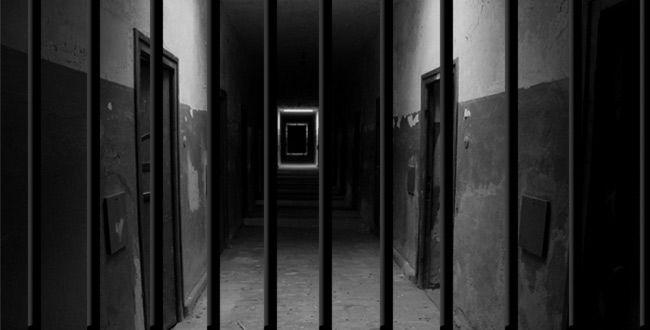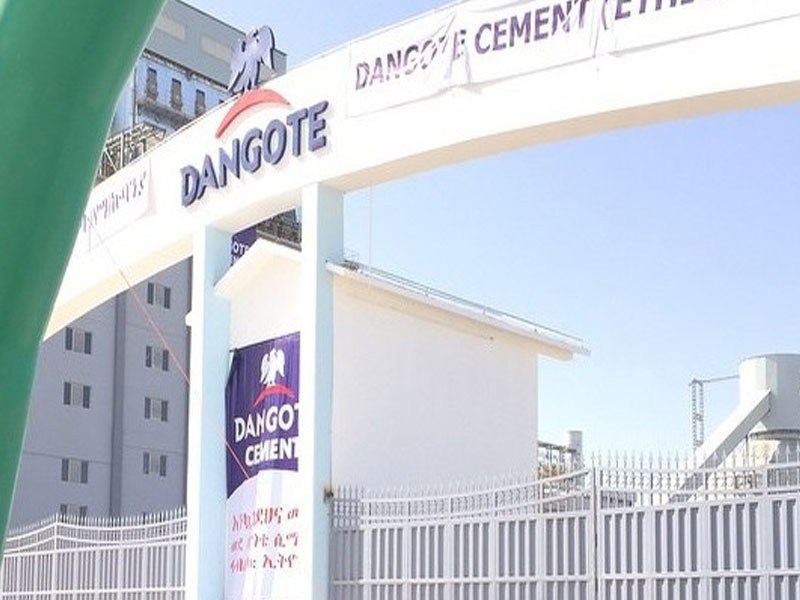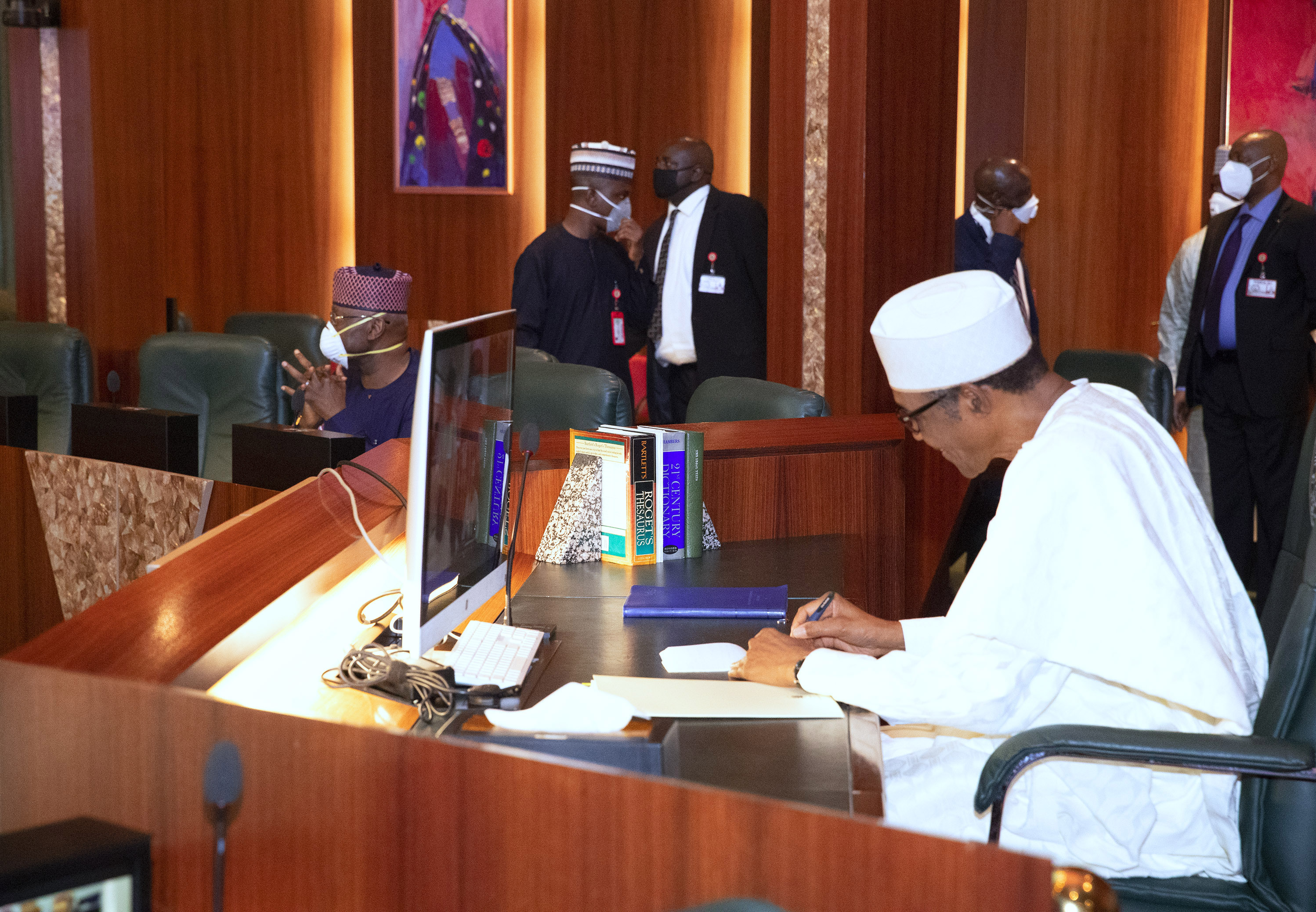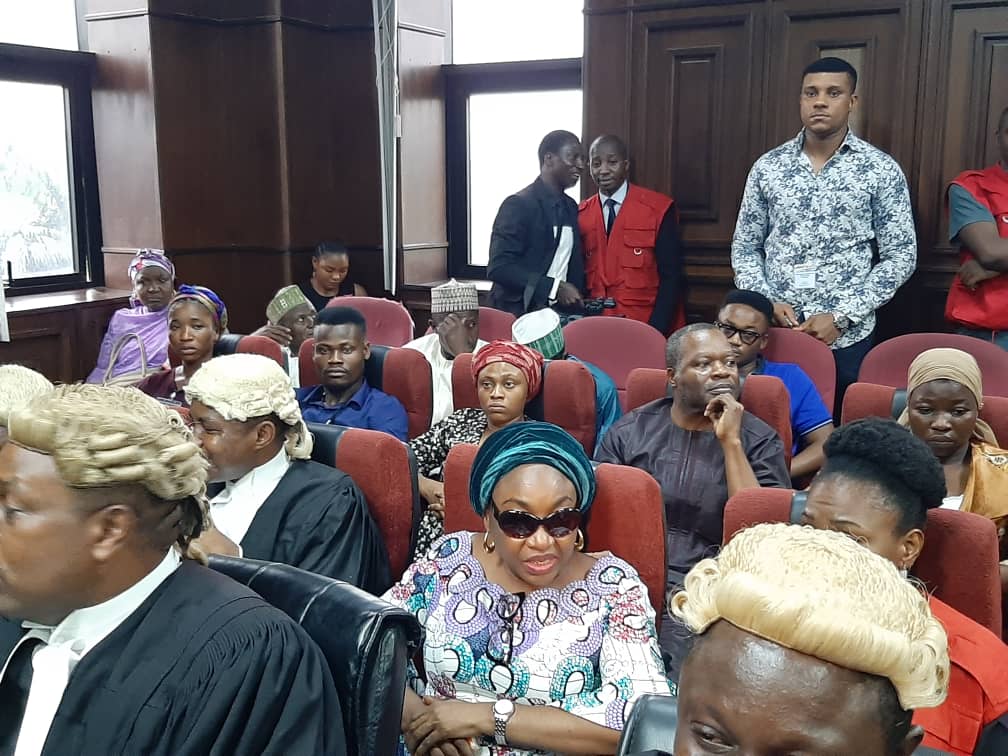Hundreds of children who escaped from Boko Haram captivity in the north-east are being tortured by the military, Amnesty International (AI) says in a report to commemorate Children’s Day on Wednesday.
Entitled ‘We dried our tears’, the 91-page report addressed the toll of the Boko Haram war on children, and also examined how the military’s detention and torture have compounded the suffering of the young ones.
According to AI, these children end up being displaced and are with no access to education.
“At worst, they are arbitrarily detained for years in military barracks, in conditions amounting to torture or other ill-treatment,” a statement by AI read.
Advertisement
“The UN told Amnesty International it has verified the release of 2,879 children from military detention since 2015, although it previously cited a higher figure of children detained between 2013 and 2019. These statistics are likely to be a vast underestimate, and the UN has said its access to military detention is restricted so it cannot provide the actual number of children detained in the context of the conflict.
“Most such detentions are unlawful; children are never charged or prosecuted for any crime and are denied the rights to access a lawyer, appear before a judge, or communicate with their families. The widespread unlawful detentions may amount to a crime against humanity.
“Almost everyone fleeing Boko Haram territory, including children, is ‘screened’ by the military and Civilian Joint Task Force – a process that, for many, involves torture until the person ‘confesses’ to affiliation with Boko Haram. Alleged Boko Haram members and supporters are transferred and held, often for months or years, in squalid conditions in detention centres including Giwa Barracks in Maiduguri and the Kainji military base in Niger state.
Advertisement
“Every former detainee interviewed offered consistent, highly specific descriptions of the conditions: extreme overcrowding; a lack of ventilation amid stifling heat; parasites everywhere; and urine and faeces on the floor, because of the lack of toilets. Although there have been some improvements in recent years, many former detainees, including children, also faced grossly inadequate access to water, food, and health care.”
AI said many children continue to be held in such conditions, even after mass releases in late 2019 and early 2020. It estimated that at least 10,000 people, including many children, have died in detention during the conflict.
A 14-year-old boy whom Boko Haram abducted as a young child before he fled and was placed in detention by the Nigerian military, reportedly said: “The conditions in Giwa are horrible. They could make you die. There’s no place to lie down… It’s hot, all your clothes were wet, like they put you in a river… Up to now, nobody has told me why I was taken there, what I did, why I was in detention. I wonder, why did I run from [Boko Haram]?”
AI said Nigeria must urgently address the matter or risk creating a lost generation.
Advertisement
“The past decade of bitter conflict between Nigeria’s military and Boko Haram has been an assault on childhood itself in Northeast Nigeria. The Nigerian authorities risk creating a lost generation unless they urgently address how the war has targeted and traumatised thousands of children,” Joanne Mariner, acting director of crisis response at AI, said.
John Enenche, spokesperson for the Nigeria military, could not be reached for comment on the report. Also, Sagir Musa, army spokesperson, did not answer calls or respond to the message sent to his line.
Add a comment







